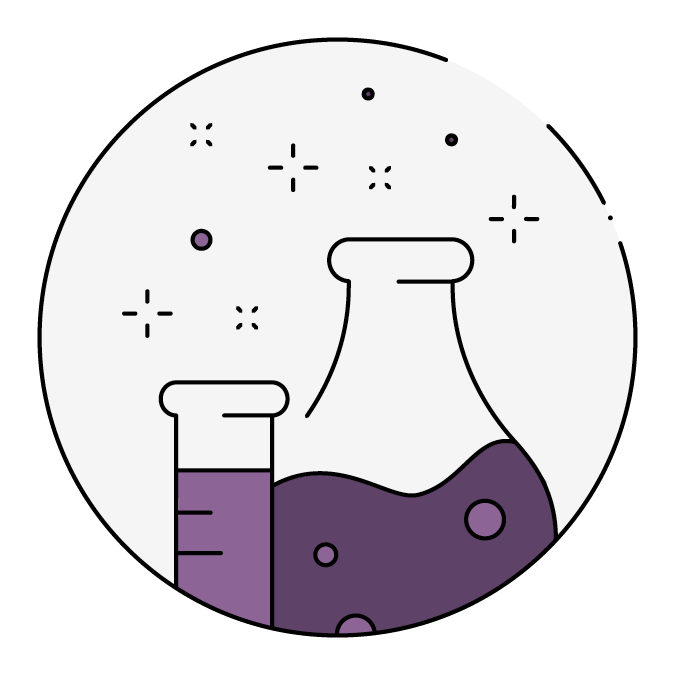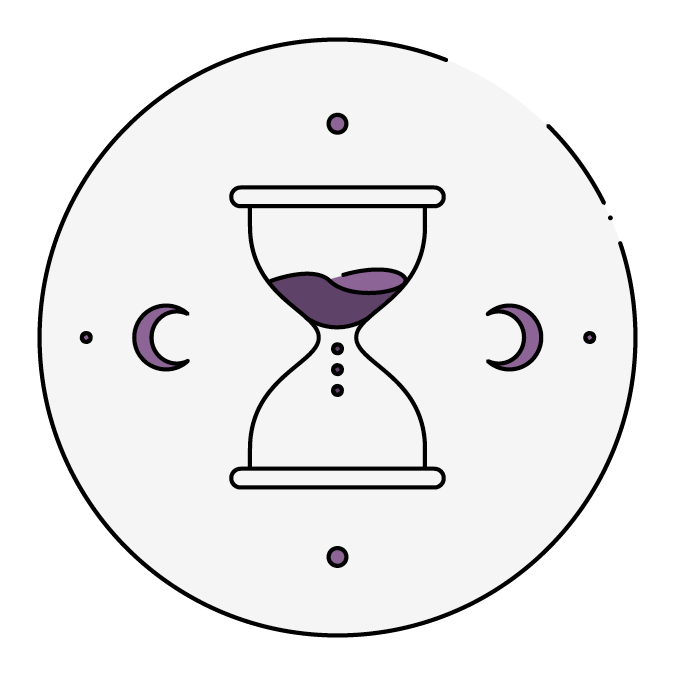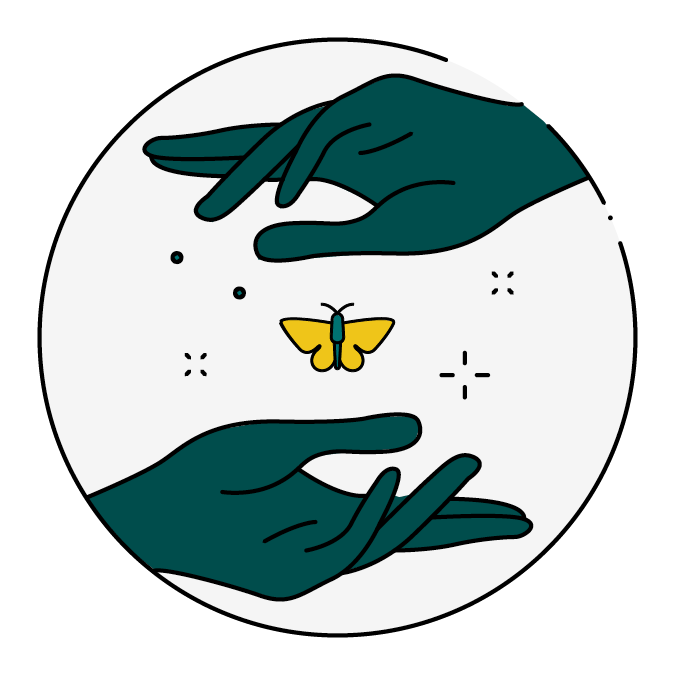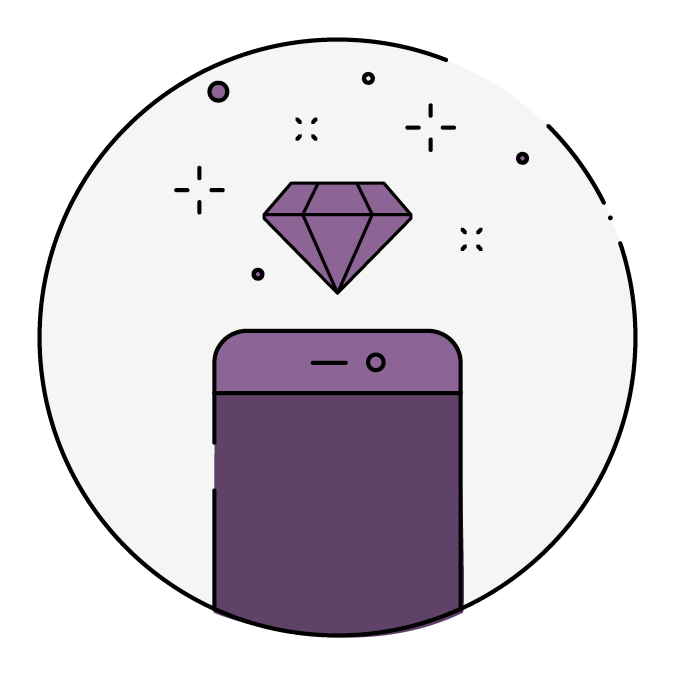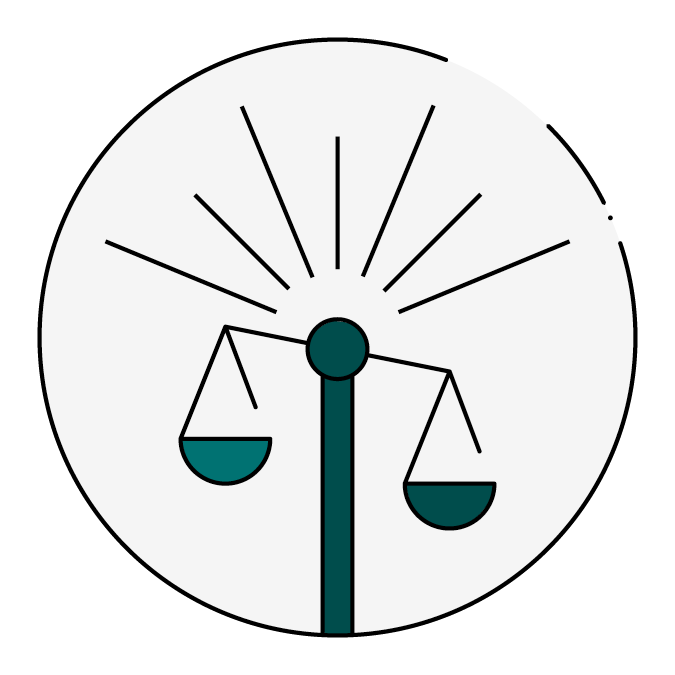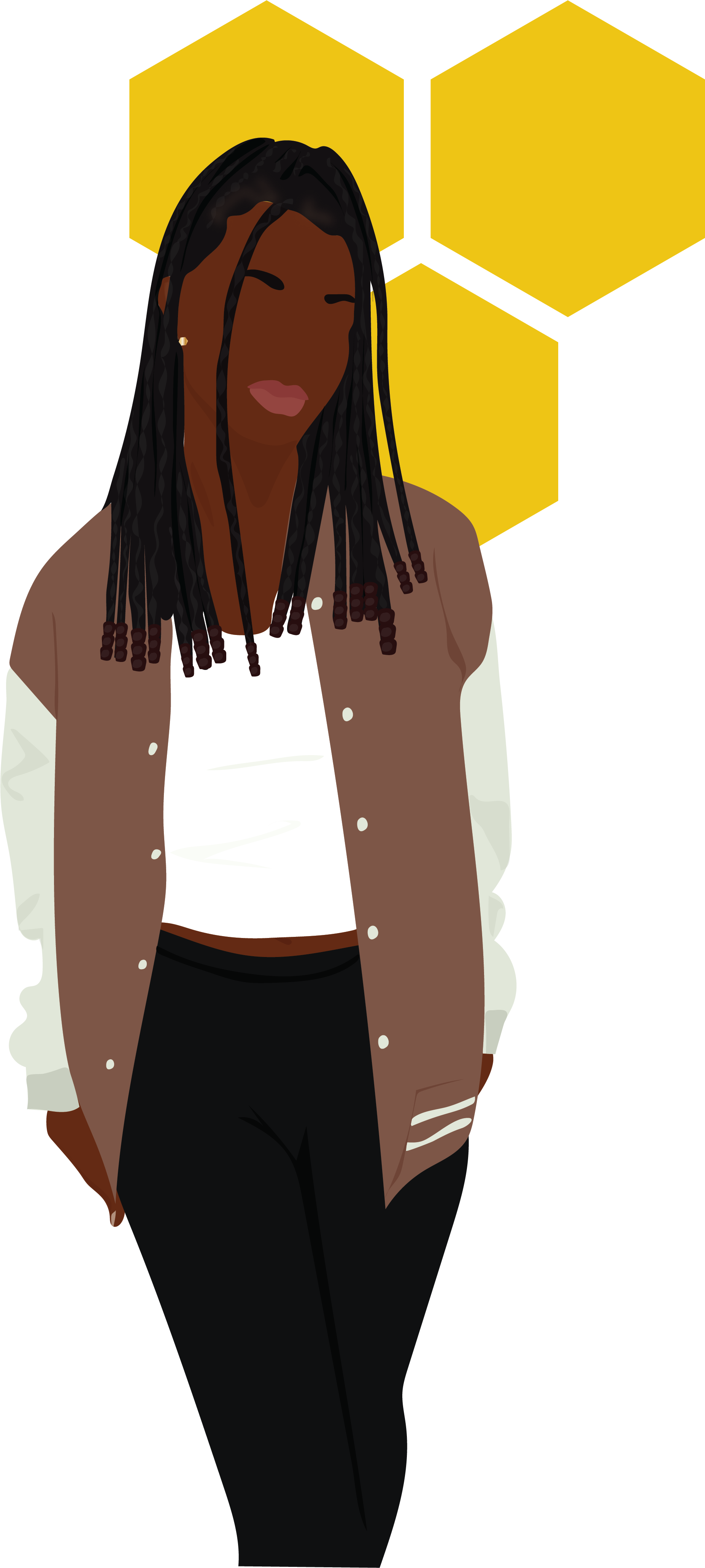Young people with experience in the child welfare or justice systems, youth experiencing homelessness, and opportunity youth have diverse identities (e.g., sexual identity, gender identity, racial identity, parental status) that shape their sexual and reproductive health behaviors and service needs. Respect for youth’s diverse physical and mental abilities is also important. Resource developers should consider creating resources that address the diverse identities and experiences of youth, including the intersectionality of different identities. For an example of an approach to provide LGBTQ+-inclusive sexual health care and sexual health literacy programs for youth in state custody, see TEENSENSE Model Standards: Sexual Health Literacy for Youth in State Custody.
Researchers, youth-supporting professionals, and youth also voiced a need for resources for youth-supporting professionals that are “culturally responsive,” or respectful of and responsive to the health beliefs, practices, and cultural and linguistic needs of diverse youth. Specifically, Activate’s Research Alliance members value resources that include content that is relevant for culturally and linguistically diverse youth populations, unbiased, and inclusive of the experiences of Black youth, Indigenous youth, and youth of color.

